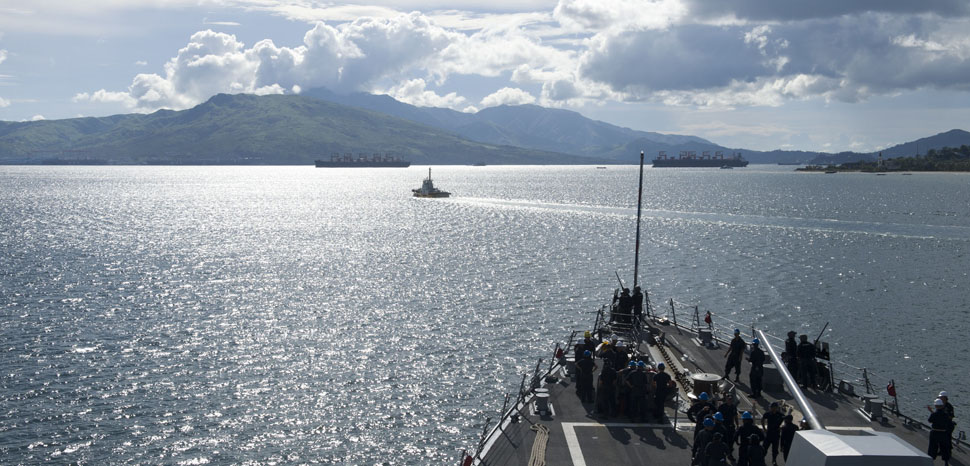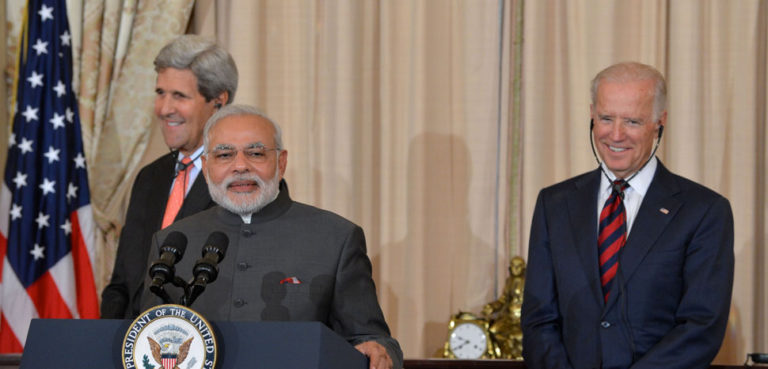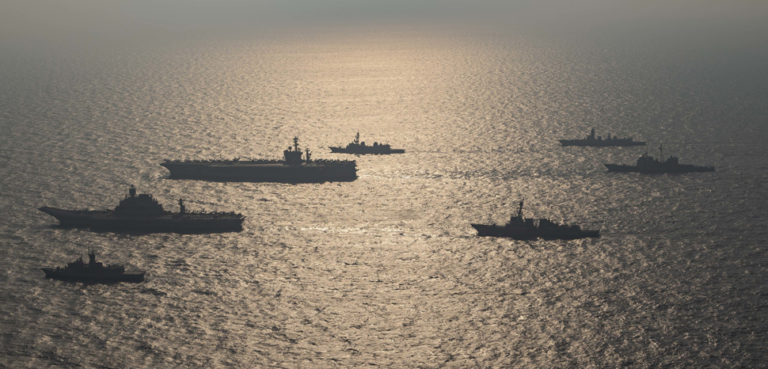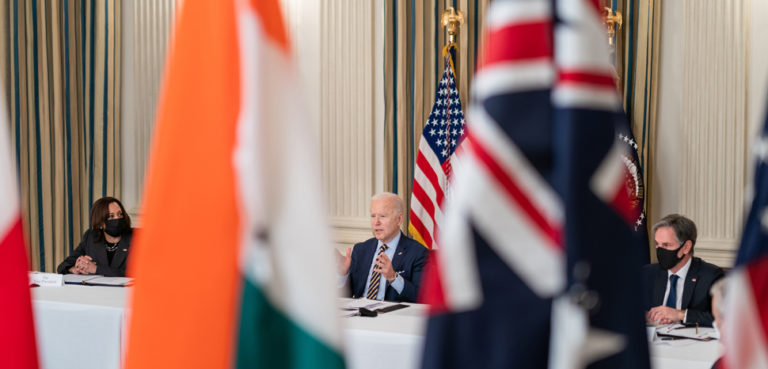In a move that underscores the growing significance of strategic cooperation in the Indo-Pacific region, US Secretary of Defence Lloyd Austin announced a quadrilateral group called the “Squad,” which includes the United States, Australia, Japan, and the Philippines. As per the Global Times report, during the Shangri-La security dialogue, the first meeting of Squad defense chiefs took place in June 2023 in Singapore. Additionally, in April 2024, the four nations carried out cooperative marine patrols inside the exclusive economic zone of the Philippines – a significant development in light of ongoing hostilities between China and the Philippines.
The formation of the Squad comes at a time of heightened tensions and evolving security dynamics in the Indo-Pacific. China’s increasingly aggressive activities and territorial disputes are raising anxiety among neighboring nations. The Squad alliance brings together a wide range of resources and capabilities with the participation of the United States, Japan, Australia, and the Philippines. Important regional participants Australia and Japan both provide substantial naval and defence resources. Meanwhile, the Philippines’ strategic significance stems from its geographic location and marine capabilities, despite its relatively weaker military might.
Can SQUAD outshine QUAD?
The Quadrilateral Security Dialogue (QUAD) has become a vital tool for promoting collaboration and tackling common security issues in the Indo-Pacific area in recent times. The QUAD’s emphasis on strategic cooperation encompasses more extensive economic, diplomatic, and technical aspects in addition to conventional security concerns. However, balancing the many national interests and goals of its member nations is one of the main issues facing the QUAD. While maintaining a rules-based order and fending off regional threats are shared goals among all members, reaching an agreement on important matters can be hampered by disparities in strategic outlooks, economic interests, and linkages stemming from past disputes.
Is it the end of QUAD? In geopolitics, every door is important and never fully closed. The United States used the hub-and-spoke model throughout the Cold War, acting as the core hub and extending bilateral ties (the spokes) to other allied nations. But the hub-and-spoke paradigm has changed into a more dynamic and networked strategy in today’s multipolar world, where dangers are varied and international in character. Formal alliances, such as NATO, are characterized by inflexible institutions and obligations that are sometimes seen as less flexible in response to the Indo-Pacific region’s fast-changing security environment.
The emergence of informal alliances like the Quadrilateral Security Dialogue (QUAD), the Australia-UK-US (AUKUS) partnership, and the recently mentioned Squad underscores a shift towards flexible and adaptive security architectures aimed at addressing contemporary challenges. The current trend is reflected in the “ring of informal alliances” idea, which emphasizes collaboration among like-minded countries around the Indo-Pacific region. These loose coalitions are distinguished by their adaptability, inclusiveness, and mutual dedication to maintaining an order founded on laws and guaranteeing peace and security in the region.

The Squad, AUKUS, and QUAD are important components of this new security architecture. Each initiative fosters cooperation on a variety of security and defense challenges, including as maritime security, counter-terrorism, cybersecurity, and humanitarian aid, by bringing together states with complementary capabilities and objectives. Crucially, these loose coalitions aim to connect with a wider range of regional players and supplement current international frameworks, such as those led by ASEAN, rather than being exclusive. By doing this, they improve communication, encourage strategic convergence, and support the development of a more robust and equitable security framework in the Indo-Pacific region.
Given the Indo-Pacific region’s changing security problems and dynamic geopolitical environment, the emergence of new informal groupings is not surprising. In order to protect their interests and advance stability, nations are increasingly looking to fortify their alliances and partnerships in the region, which has emerged as a hub for international strategic struggle. Given the intricate and interrelated security concerns the Indo-Pacific region faces, it would make sense for additional QUAD-like bodies to be established there. For the benefit of all participating countries, these alliances have the ability to improve collaboration, fortify resilience, and contribute to a secure and prosperous Indo-Pacific region.
The views expressed in this article belong to the author(s) alone and do not necessarily reflect those of Geopoliticalmonitor.com.




